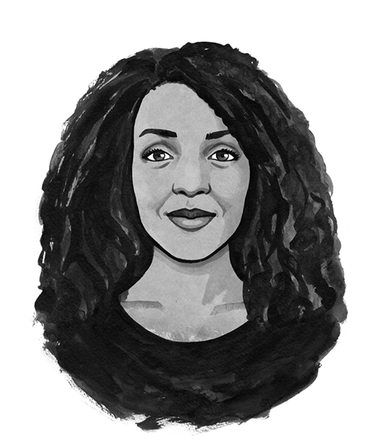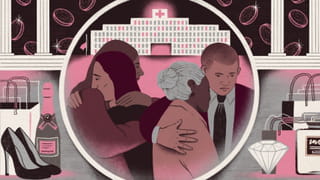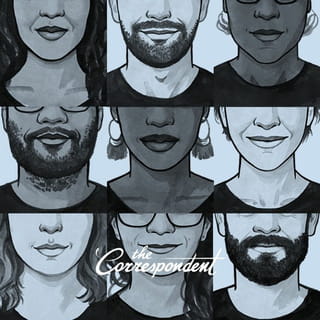
Something strange has been happening to me since lockdown started. In slow motion, bits of me started falling off. Little by little, things that made up my personality – my values, my ambitions – fell away. Even some bigger foundational chunks of my character broke off, building blocks that were so integral to me that I never fully saw their contours.
Things fell apart
When I say broke off, I mean that over time, the way I lived my life stopped making sense to me. My financial motivations, specifically those related to the acquisition of certain lifestyle baubles – a bigger house, a nicer car, more luxurious vacations – started to look absurd.
I had heard that in lockdown, people were caring more about their domestic surroundings, that they were expanding and prettifying them because we now spent so much time at home. But the opposite happened to me. If anything, I began to experience my material surroundings as a surfeit, a glut, an embarrassment of riches. If anything, I had too much space, and too many things filling up the space.
Conversely, my personal relationships began to appear full of holes. I recalled with a surge of guilt all the people who had been kind to me that I had lost touch with for no reason other than the fact that my life had become busy. So busy, I told myself. Too busy to reach out to friends and family who needed me, who I enjoyed being with, whose absence had severely hurt my mental wellbeing.
My life had become smaller over the years. More efficient, but so impoverished because of the lack of human comforts
My life had become smaller over the years. More efficient, but so impoverished because of the lack of human comforts that are essential to my health. Looking back, instead of seeing a path that had been logically joined up by solid steps towards life goals and milestones – degrees, strong friendships, career progression – I saw a jagged line. I saw unresolved traumas and unexamined relationships.
It was as if all the pieces of me had been held together until now by the sheer force of velocity – like a comet that looks like a solid orb to the naked eye but is really mostly a dense collection of particles held together by speed and heat and gravity. Once the pandemic hit, once lockdown started, once the velocity disappeared and life stopped, my feverish bits of matter cooled and fell apart.
For a moment, I was afraid that what I was experiencing was some sort of breakdown. But I felt fine. I wasn’t down, I wasn’t blue, I wasn’t depressed. I was just suspended. I had lived in ways that were foisted upon me for so long that my existence was no longer healthy. I had allowed my communal connections to be lost, elevating my individual desires far higher than the needs of those around me. I had allowed the speed of life to claim me, and so I let accountability for myself and other people fall by the wayside.
‘The pandemic has exposed … ’
I had spent those months of falling apart writing about how the world was reacting to the pandemic, and how it should react. For a while, almost every single piece of journalism about the coronavirus crisis I read included the words “has exposed”. The minute the virus hit, all the fault lines, all the subterranean fissures that had been papered over, cracked open.
Many countries weren’t prepared for a viral epidemic because they, like me, had been optimised for something else. That something else was individualism and marketisation. The former elevated individual needs above those of the group, and the latter then catered to those needs, created them even, with an infinite array of goods and services.
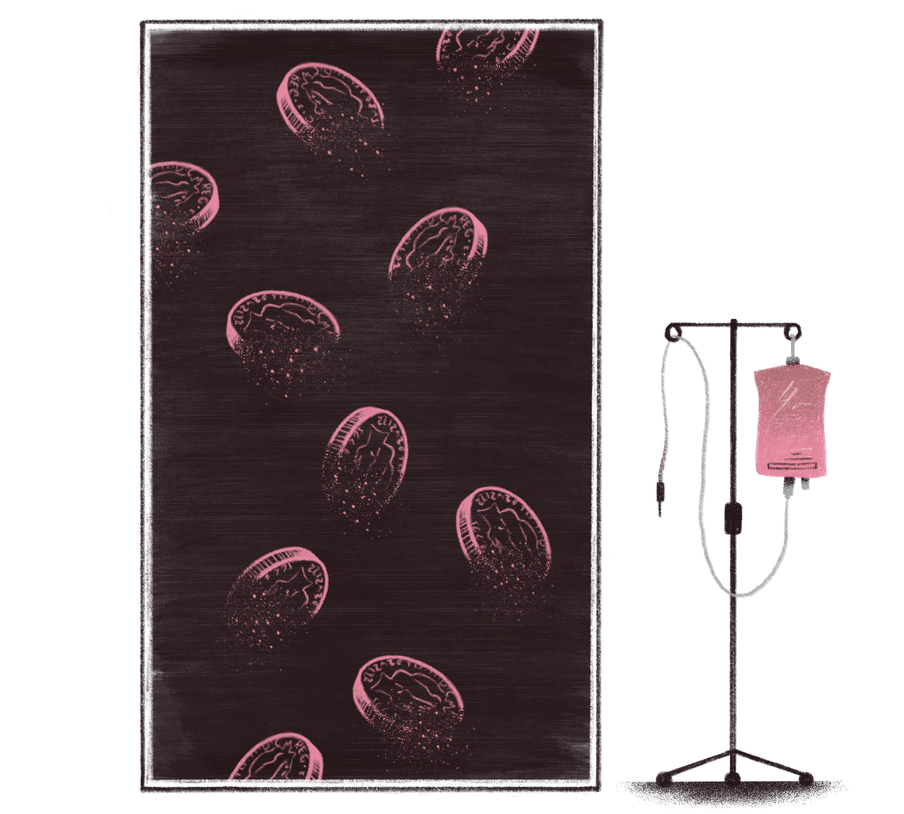
The result was a society so unhealthy, so precariously designed for reducing our spiritual lives and values to commercial opportunities, that when the pandemic hit, many prosperous wealthy countries simply fell apart, just like I did.
And they fell apart along the same human needs that we are hardwired to require but have been engineered away in modern societies. We need communities, and we need to distribute our resources as equally as possible, because hoarding them deprives us of a safety net in moments of vulnerability.
Lack of communalism led to a viral massacre in old people’s homes. Over-consumption resulted in an economy optimised for feeding insatiable appetites for goods and services, rather than the common good in times of crisis. Economies geared towards maximising commercial profit culminated in aggressive privatisation of public amenities like healthcare, resulting in chronic, and fatal, pandemic underpreparedness.
Withholding the essential, providing the unnecessary
At the peak of the pandemic in the United Kingdom, it was easier to have a Michelin-starred meal delivered to your door than it was to receive adequate protective equipment on hospital wards as a National Health Service employee.
Capitalism at its worst – withholding the essential, providing the unnecessary.
In Edgar Allan Poe’s short story The Masque of the Red Death, a group of wealthy revellers engaged in decadent consumption at an opulent palace are interrupted by the arrival of a deadly disease inhabiting the body of one of the guests. As they realise what the person wearing the ghoulish mask is, they flee in horror before they are claimed one by one.
Covid-19 has worked in much of the same way, interrupting our orgy of consumption, while showing us that we cannot buy our way out of deadly disease.
And underpinning it all is how many contemporary economies are designed, perfectly summarised by the marketing phrase “the product you never knew you needed”: the creation of demand to feed supply instead of the other way round. The things we do actually need are not bigger houses, nicer cars or more luxurious resorts, they are adequate infrastructures to protect us in public health crises. Where such infrastructure is absent, it’s because it is not easy to profit from it.
Politics for profit, not protection
In 2012, the Federal Trade Commission, the US body in charge of the nation’s healthcare mergers, terminated its review of a multimillion dollar healthcare acquisition. The transaction involved Newport Medical Instruments, a manufacturer of cheap, mobile ventilators. It was being acquired by a healthcare giant, a US company called Covidien, which makes much more expensive, much larger ventilators. The governmental regulatory body’s review was cursory, with no request for a second review, meaning that the process was little more than a rubber stamp.
What the merger did was destroy a federal programme set up in 2007 that aimed to stockpile tens of thousands of small mobile ventilators in cooperation with Newport. The project wasn’t profitable enough according to Covidien, so it terminated the programme. The result was that, more than a decade later, the coronavirus pandemic claimed scores of US Americans’ lives because not a single ventilator was available in spare capacity.
And when the US government finally did manage to source ventilators, it was after a litany of errors. A US subsidiary of Royal Philips NV had, before the pandemic struck, already received hundreds of millions of tax dollars to manufacture low-cost ventilators for use in pandemics. None were delivered to the US government. But the tax dollars had been used to fund a commercial version of the ventilator that the company was selling overseas.
Despite this abuse of funding, and the failure in delivering the ventilators required, the US government bought 43,000 ventilators in desperation from the company at market cost. When congress reviewed the transaction, it turned out they had overpaid for the consignment by half a billion dollars.
It’s politics for profit, not for protection.
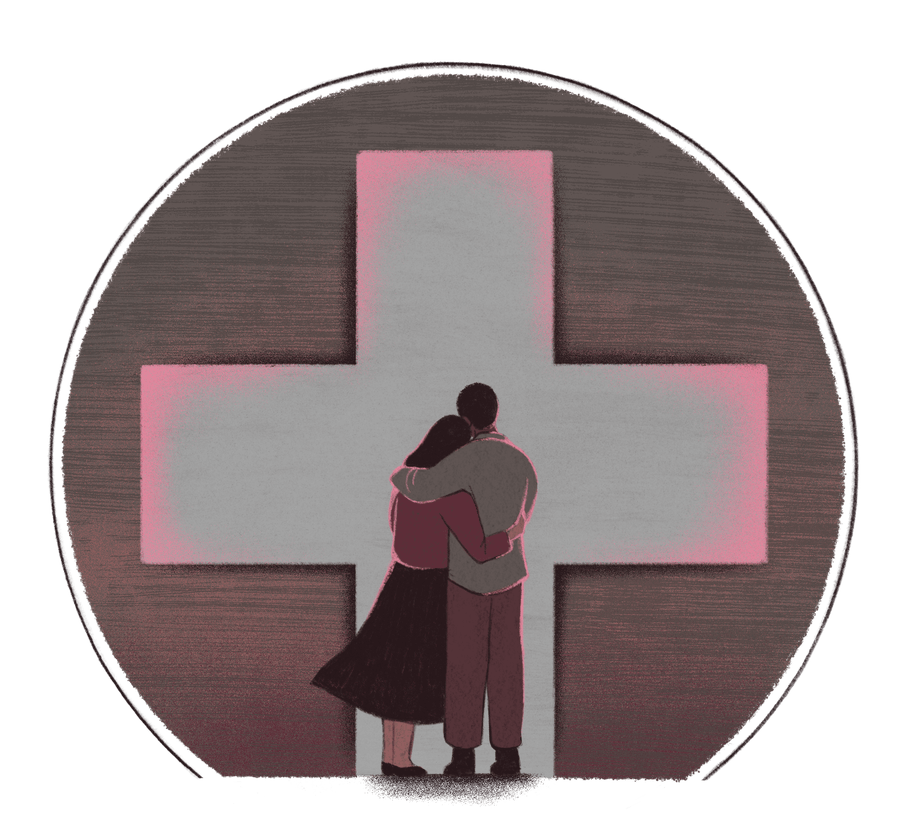
Versions of this exist all over the world. In the UK, ministers were told three years ago that Britain would be overwhelmed by a crisis like this – that it would suffer a lack of critical care beds, morgue capacity and personal protective equipment. Years later, in a scramble to secure adequate basic protection for its medical staff, the government ordered a consignment of 400,000 hospital gowns from Turkey. The move was much publicised as a rebuke to all who had alleged that the government had proved incapable of responding adequately to the pandemic.
But the gowns did not even make it past Heathrow Airport, as the entire consignment didn’t meet British National Health Service standards. In another epic failure, the government claimed that the best of British private enterprise and businesses were going to deliver the ventilators needed to meet the challenge of the coronavirus. Strong British brands such as Rolls-Royce and Dyson were going to come to the rescue and produce the machines. None ever reached the final stages of testing.
From the political to the personal, our wellbeing was overtaken by a commercial acquisitive notion of economic relations that guaranteed short-term satisfaction, but ultimately, decay.
The new precarious class was the first to be hit by the coronavirus
This kind of short-term thinking that has our lives in a deadly grip has its origins in the fundamental restructuring of work.
On an individual level, it’s a product of ever-shrinking employment and prospects. Just as individuals were socialised out of community relations, they were professionalised out of organised labour relations. One of the reasons for the constant vigilance and focus on performance that had denuded my life pre-pandemic was the precarity of work that people of my generation grew up with.
When I came of working age, late stage capitalism was just kicking in, and it found that long-term contracts with labour rights and protections were a cost that could be shaved. Enter: zero hour contracts, freelance work, hotdesking, self-employment, and the gig economy.
Pensions, long notice periods, health insurance, sick pay: all these things have become privileges rather than expectations. That makes us act in irrational ways. Saving then splurging. Solving for efficiency and performance at all times, but otherwise living wasteful, chaotic lives. Handing our lives over to employers because so little stands between us not making rent.
In the US alone, the billionaire class saw its wealth grow by an estimated $637bn during the pandemic
This new class of precariat was the first to be slammed by the virus. The new “essential” workers, such as garment factory employees paid by the hour, could not tell their employers that they didn’t think it was safe to come into work because they could be fired and replaced in a breath. Others who didn’t have health insurance delayed or avoided going to the doctor if they were ill. Some could not afford to stay home and shelter with the rest of the white-collar class because every day in lockdown was a day of income lost. Our Uber chauffeur, our delivery driver, all our atomised workers who brought us our takeout meals, groceries and online shopping did not even have the option to stay home.
And if there is any whistleblowing, the consequences are swift. In April, Amazon fired two employees after they publicly called out the company for the high health risk environment in Amazon warehouses. They had no recourse to legal redress or compensation because all that has been spirited away in our new labour relations.
In putting the onus on the worker rather than the employer, our new lopsided economies have allowed bosses to amass ever more wealth, while a class of grateful day labourers across all industries and sectors paid the price of those gains with their health, their sanity, and, in the case of the pandemic, their lives.
In the US alone, the billionaire class saw its wealth grow by an estimated $637bn during the pandemic. In the same period, 40 million blue and white-collar workers lost their jobs.
Atomised workers, nuclear families
As our work relationships were hacked down, our family relationships were being ground to their individual components as well. Across modern societies, we are socialised to think of communal living as an unwieldy oppressive feature of pre-industrial times. I held that view all my life too. I grew up with the notion of the family as a “gilded cage” – an institution that provides protection and a safety net, but extracts a heavy toll, demanding loyalty, adherence to family values, and sacrificing individual freedom. Much of my life, almost all of it in fact, would not be how it is today had I listened to the orders of my family. Family for me was something to be abided, something to do one’s duty by, rather than anything to benefit from.
Until the pandemic hit.
Once the infrastructure of life disappeared due to lockdown, it was almost instantly replaced by family members who stepped in with a sense of unquestioning obligation. They provided transport, childcare, and procured necessary resources, all with great responsibility and care in shielding the older and more vulnerable. Between us, we contributed to a small fund that subsidised the needs of those whose income was wiped out. All of a sudden I realised how lucky I was that my family, my gilded cage, still lived along traditional values, and I was physically close to them.
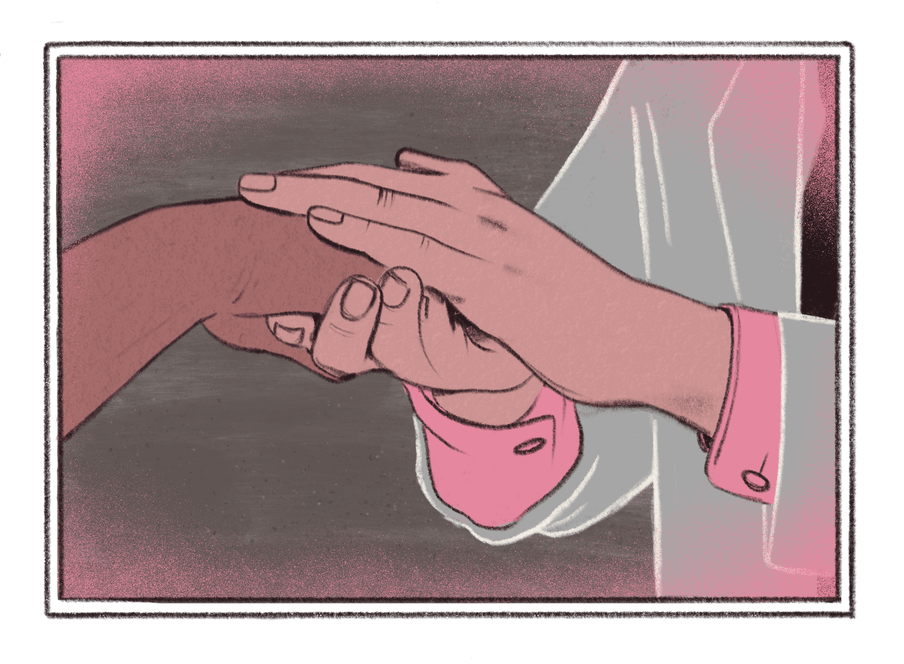
The severing of family and community ties is unhealthy and unnatural
Elsewhere, in the west, the elderly members of my family would be in an old people’s home where they would be most vulnerable to the virus. In Europe, care home deaths amounted to roughly half of all the virus death count. In some areas of Italy, the number of deaths in care homes was so high that a criminal investigation had to be launched.
In my native Sudan, where there is virtually no public healthcare system due to poverty, but also not a single old people’s home, the entire death toll from coronavirus stands at fewer than a thousand people. The elderly who lived with their families – or to put it more accurately, whose families lived with them – self-isolated in their homes, and let the younger members of the household take on their duties and deliver their needs.
The nuclear family has nonetheless been a disaster during the pandemic. Ironically, the gilded cage of the extended family is usually seen as most damaging to women’s rights and professional prospects, but its absence meant the pandemic slammed women the hardest. The pandemic has exposed (there it is again) the limits to the equal rights women thought they had won. Surveys found that millennial mothers were three times more likely than millennial fathers to report being unable to work due to a school or childcare closure.
Financially, the absence of a communal pot of family help has pushed many to the brink, into poverty and hunger. In some areas of the United States, demand for food banks doubled. Many food insecurity organisations have expressed fears that they will soon not be able to meet the demands of the hungry. In England, demand went up tenfold.
Much of what did go right was because of people’s voluntary action. Many coronavirus patients in stretched health facilities were saved by exhausted doctors and nurses going above and beyond the call of duty. Hungry unemployed people ate because of the kindness of strangers. Banding together is a human impulse when others are in need, an in-built species survival mechanism. The severing of family and community ties is not only unhealthy and unnatural, it is deadly.
The distractions creep back in before we’ve found a vaccine
The dominant feeling for me throughout lockdown has been intense isolation and inertia. Without the cyclical pattern of socialisation, travel and entertainment, a chasm opened up where before there had been mostly consumption. We have built lives and societies to consume, commodifying even free time, making us unable to pause or reflect or reform, leaving us hopelessly underpowered to implement about-turns.
Whatever time we may have to examine our lives is taken up by ways of decompressing from those lives. With work taking up even more time, dissolved family and community relations heaping ever more of our personal burdens on our heads alone, leisure is compressed into a sort of mind-numbing urgency. And that urgency is exploited to the fullest by an infinite array of media content and leisure activities.
These hospitality and leisure industries are so central to the economy that their employees were the first to go back to work in many countries under all sorts of pressures and incentive schemes from the government. Despite the fact that indoor service at restaurants and bars has become a main source of community outbreaks, the sector was dragged to reopen. A chef in the US city of Atlanta told Brookings that “essentially, the industry blew up. And then, as we are putting it back together, people were asked to go back to work in the flames, for the sake of the economy.” In the UK, pubs opened before schools.
Whatever time we may have to examine our lives is taken up by ways of decompressing from those lives
And so the distractions, too lucrative to be allowed to stay dormant for too long, creep back in before we have even found a vaccine. In lockdown, with all the free time we had, it dawned on me that I did not know what to do with so much time. Work, the usual time filler, could not expand enough to mop the extra hours. Entertainment was severely curtailed by the pandemic, which meant that I had to figure out what I really liked doing for the first time.
I realised that I had no idea. Outside of draining my battery working, then recharging that battery again, I had no concept at all of what leisure was, or what good it should do other than replenish me, on a weekly cycle, so that I could go back to work. As lockdown started to ease, I began to fight harder against the seeping back of all the rote rituals of fun.
The pandemic is an intervention
There were two things I could do with the realisation that the individual, high performance and consumptive ways in which I lived my life had created a sort of arrested being. I could deny the signs and attribute the malfunction to lockdown disruption, or I could sit with it, and start on what I think is going to be a long, hard road to reform.
You see, the pandemic is an intervention. Admitting that we are addicted to unhealthy destructive ways is hard, because then we have to do something about it. Denial is easier, medicating with even more unhealthy destructive consumption is even easier. Working harder, working out more, partying more, holidaying more – all these are coping mechanisms that we have been conditioned to flee to.
But it is making us ill. When the pandemic arrived, we were already sick.
If we are to emerge with a chance at creating individuals and societies that do not break down at the first sign of a test, we have to undo much of what we have learned. We cannot do without each other, without communities and families, and we cannot continue to prioritise commercial profit and all its associated lifestyle pacifiers above all else.
Dig deeper
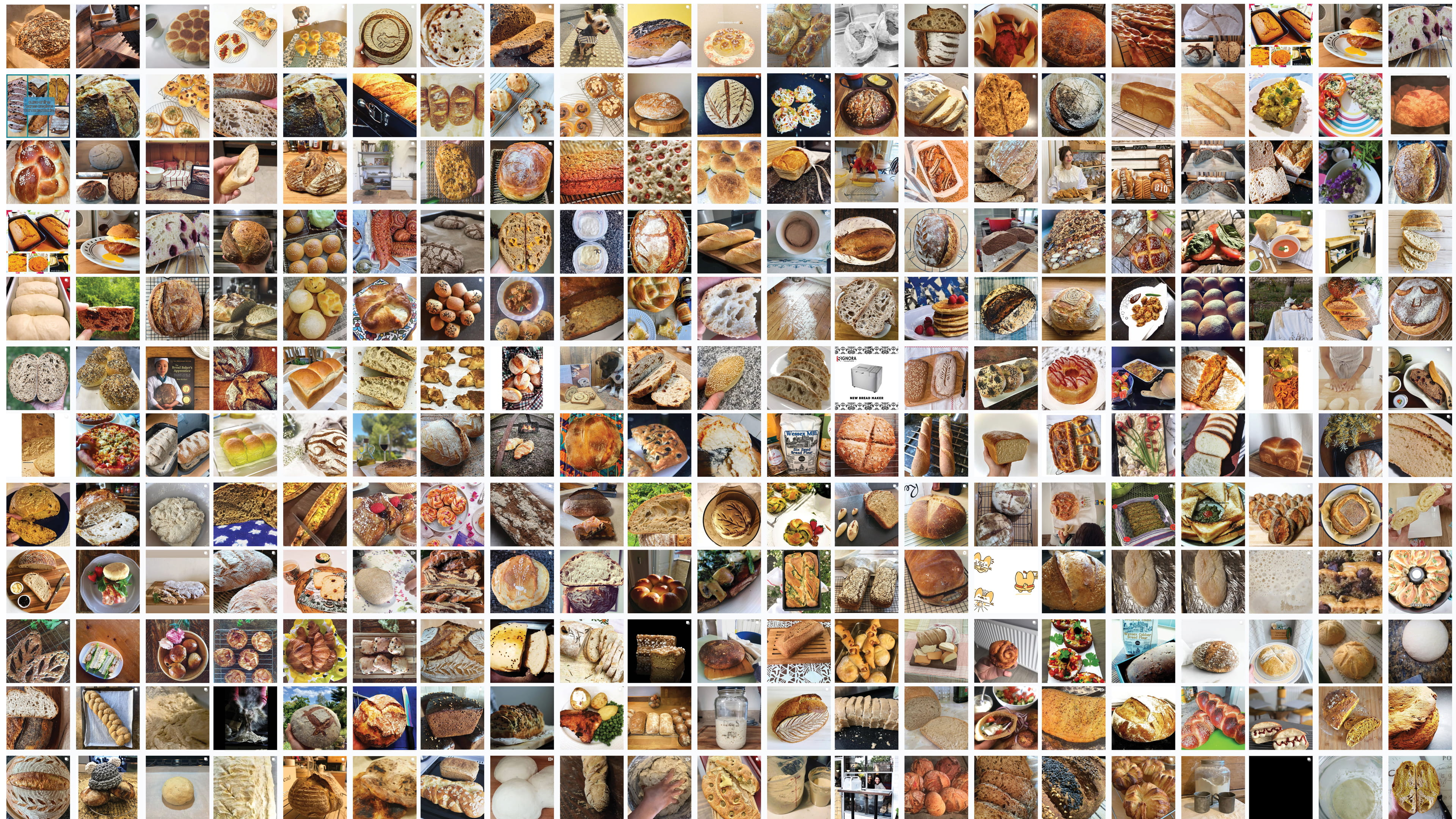 Kneading sanity and stability: why bread broke the internet
For months now, social media has been awash with pictures of one food group: baked goods. Sourdough loaves, naan bread, and boiled bagels abound. I’m not a baker, but I’ve given in to the need to follow a recipe when all the rules on how we live are off the table.
Kneading sanity and stability: why bread broke the internet
For months now, social media has been awash with pictures of one food group: baked goods. Sourdough loaves, naan bread, and boiled bagels abound. I’m not a baker, but I’ve given in to the need to follow a recipe when all the rules on how we live are off the table.

